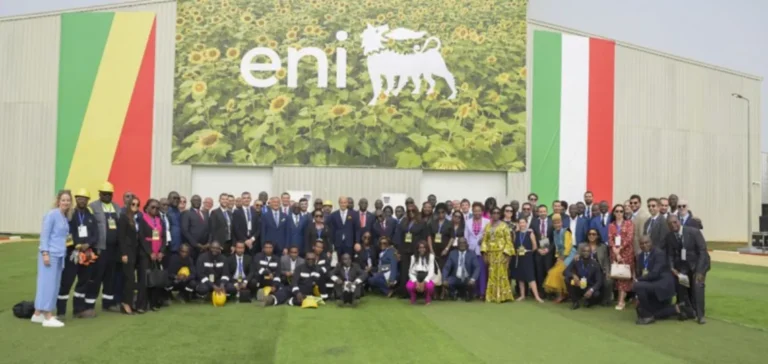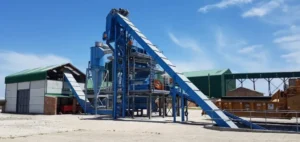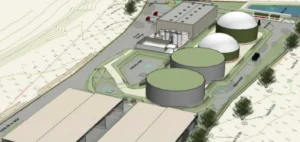Eni S.p.A., represented by its Chief Operating Officer Global Natural Resources, Guido Brusco, has inaugurated its first agri-hub in Loudima, in the central-southern region of the Republic of the Congo. The facility, built in the presence of President Denis Sassou Nguesso, marks the start of industrial-scale vegetable oil production for Enilive’s biorefineries. This initiative grants the Republic of the Congo an active role in the biofuel value chain, according to the strategic guidelines of the Italian group.
Industrial development and impact on local agriculture
The Loudima agri-hub has an annual capacity of 30,000 tonnes of vegetable oil, sourced from oilseed crops grown on degraded or underutilised land as part of a regenerative agriculture project developed in partnership with local stakeholders. Eni points out that the oils produced in Congo meet the strict criteria set by the European Union Renewable Energy Directive (RED), ensuring traceability, sustainability, and compliance with prevailing social and environmental standards.
The Italian company plans to support the Congolese agro-industrial sector by providing advanced mechanisation services and improved seeds. Around 200 machines will be deployed for the project, half of which have already been imported, and approximately 400 tractor operators will benefit from specialised training programmes, thereby supporting the development of local skills in logistics and industrial processes.
Complementary production and associated programmes
The agri-hub will also produce vegetable proteins for animal feed, offering new opportunities for Congo’s agri-food sector and contributing to national food security. Eni estimates that these developments will support the revival of agriculture and the socio-economic development of rural areas in the country.
In addition, the company is pursuing other programmes related to the energy transition in the Republic of the Congo, notably the distribution of improved cookstoves aimed at reducing indoor pollution and biomass consumption. According to Eni, this initiative has already reached more than 300,000 people in the country.
Eni’s longstanding presence and diversification of activities
Present in the Republic of the Congo since 1968, Eni is currently the only company developing the country’s gas resources and supplying the Congo Power Plant (CEC), which provides 70% of the nation’s electricity production. In 2023, the company also opened the Oyo Center of Excellence for Renewable Energy and Energy Efficiency, while supporting several projects to improve access to education, health, and economic diversification.
The commissioning of the Loudima agri-hub comes as the Congolese energy sector seeks to diversify its sources and strengthen its industrial chains, amid strong international demand for biofuels.






















